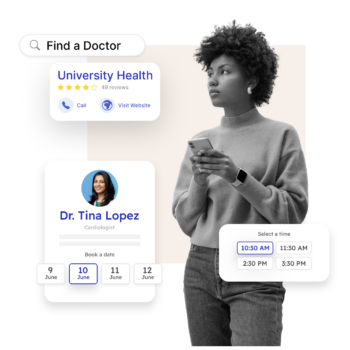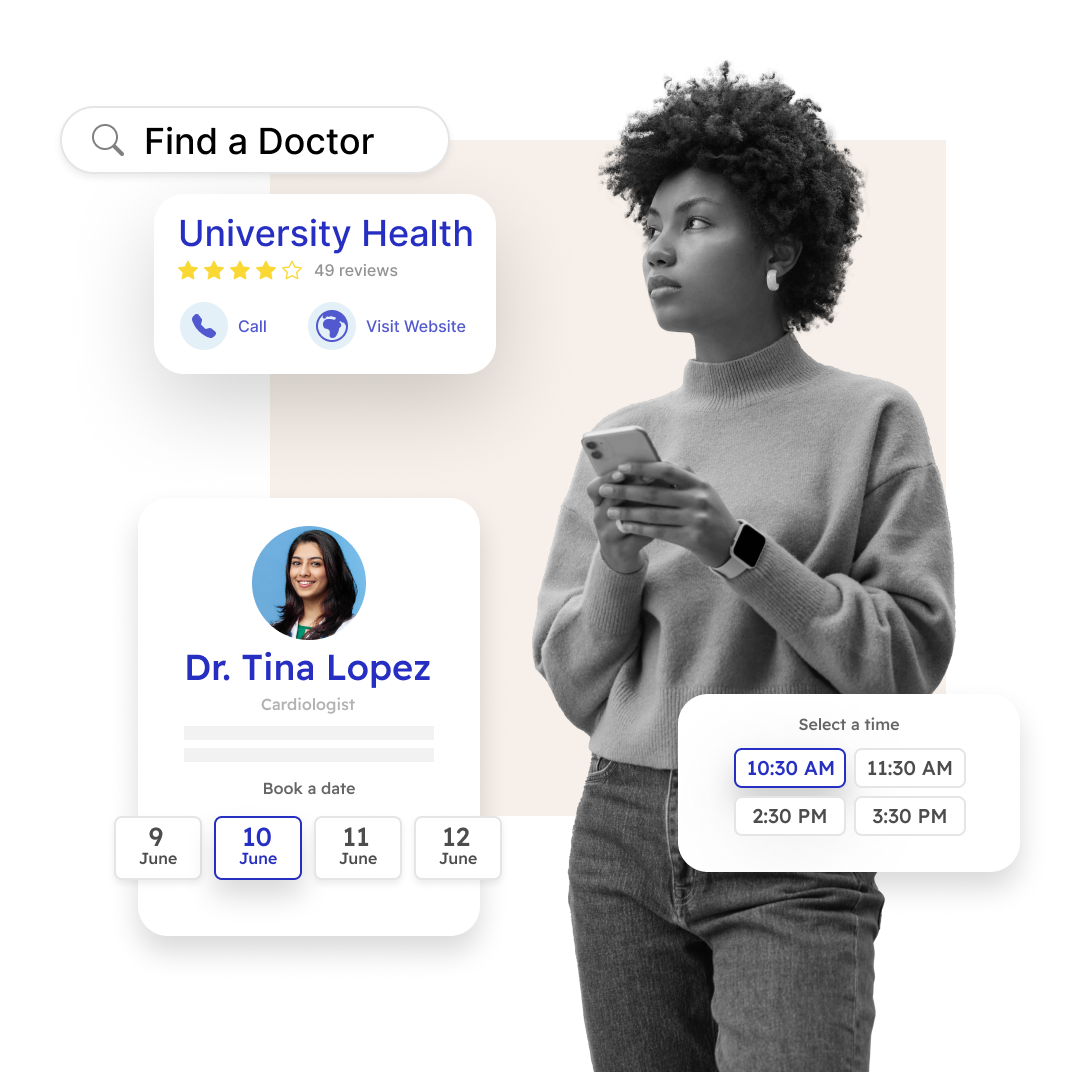CVS Acquires Signify Health for $8B
Another Signal that Healthcare is Undergoing Transformation
The “retailization” of healthcare continues as CVS Health Corp. is acquiring Signify Health Inc., a home-health and technology services provider, for roughly $8 billion. To make the deal, CVS had to outbid competition including UnitedHealth Group, Option Care Health, and most notably, Amazon.
“Signify Health will play a critical role in advancing our health-care services strategy and gives us a platform to accelerate our growth in value-based care,” said CVS Health Chief Executive Officer Karen S. Lynch in a statement. “This acquisition will enhance our connection to consumers in the home and enables providers to better address patient needs as we execute our vision to redefine the health-care experience.”
The deal includes Signify’s network of more than 10,000 clinicians across every state in the US, and software and services to help payers like health plans, government programs and employers make the transition to value-based payment plans. The deal ranks behind CVS’s 2018 $68 billion acquisition of Aetna and its 2007 $27 billion purchase of Caremark RX.
While Amazon lost out to CVS in the Signify bidding, in July 2022 the ecommerce giant made its own healthcare splash with a $3.9 billion acquisition of primary care network One Medical. The move gave Amazon 182 healthcare offices, and One Medical’s subscription model to health and physicians services.
At the time, Amazon Senior Vice President Neil Lindsay said, “We think healthcare is high on the list of experiences that need reinvention.”

The changing face of healthcare
Healthcare moves by CVS and Amazon are outward signs of an ongoing transformation in the industry. A New York Times report on the CVS deal pointed to catalysts such as how the COVID-19 pandemic changed how people sought healthcare and the role CVS and Walmart played in coronavirus vaccination campaign.
Walgreens is another retailer making healthcare deals such as its recent acquisition of Carecentrix. The stakes are high with US healthcare spending expected to reach $6 trillion by 2027 per the Centers for Medicare and Medicaid Services.
Interest and investment in the healthcare industry by actual retail giants is an overt signal of a major transformation underway, but the trend runs deeper than the surface news level. Healthcare was slow to adopt the digital revolution sweeping across business sectors for a number of reasons including its traditional and conservative business approach and legacy IT infrastructure that couldn’t meet modern tech’s agility, speed, performance.
Even before the global pandemic shook up how healthcare acquired and interacted with consumers, change came in the form of an emphasis on the digital front door as a way to match today’s customer user experience expectations and shore up digital footprints.
Moves by retail companies like CVS, Amazon and Walgreens make the retailization of healthcare very literal.
“CVS doesn’t want to sell us just prescriptions and toothpaste; it wants to be our primary care provider,” said Erik Gordon, a professor at the University of Michigan’s Ross School of Business in the New York Times report. “With stores that are convenient to many of us, it is going to be a big player.”






